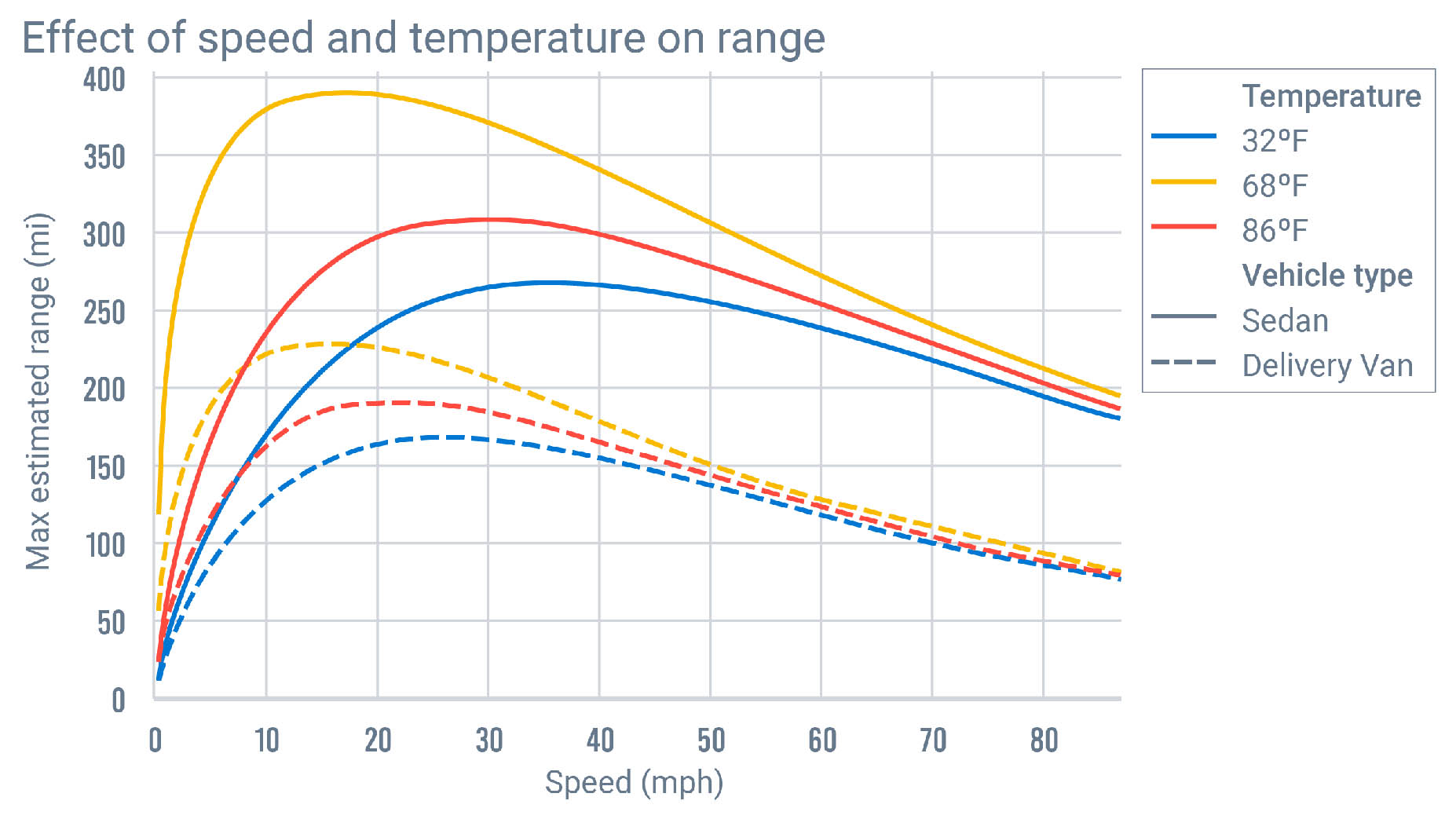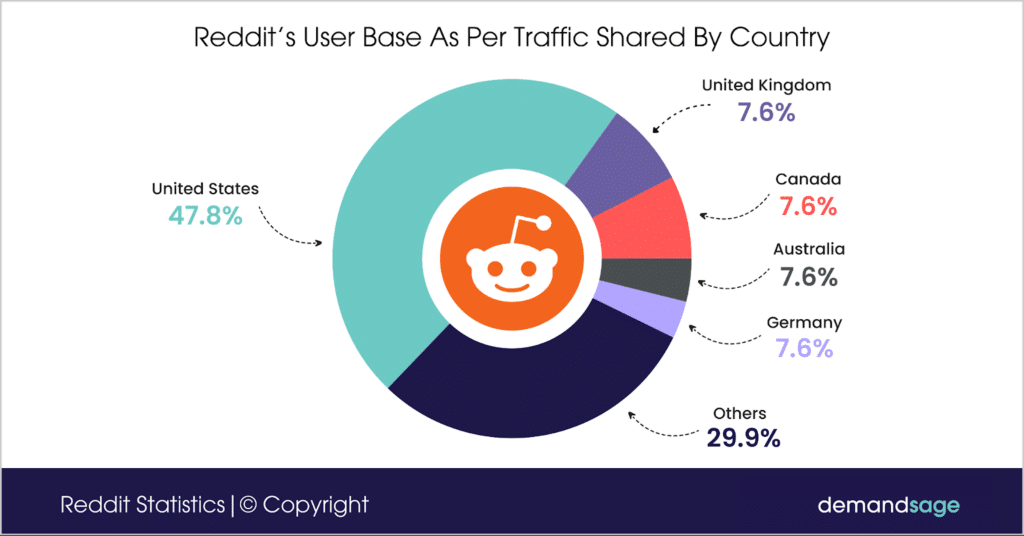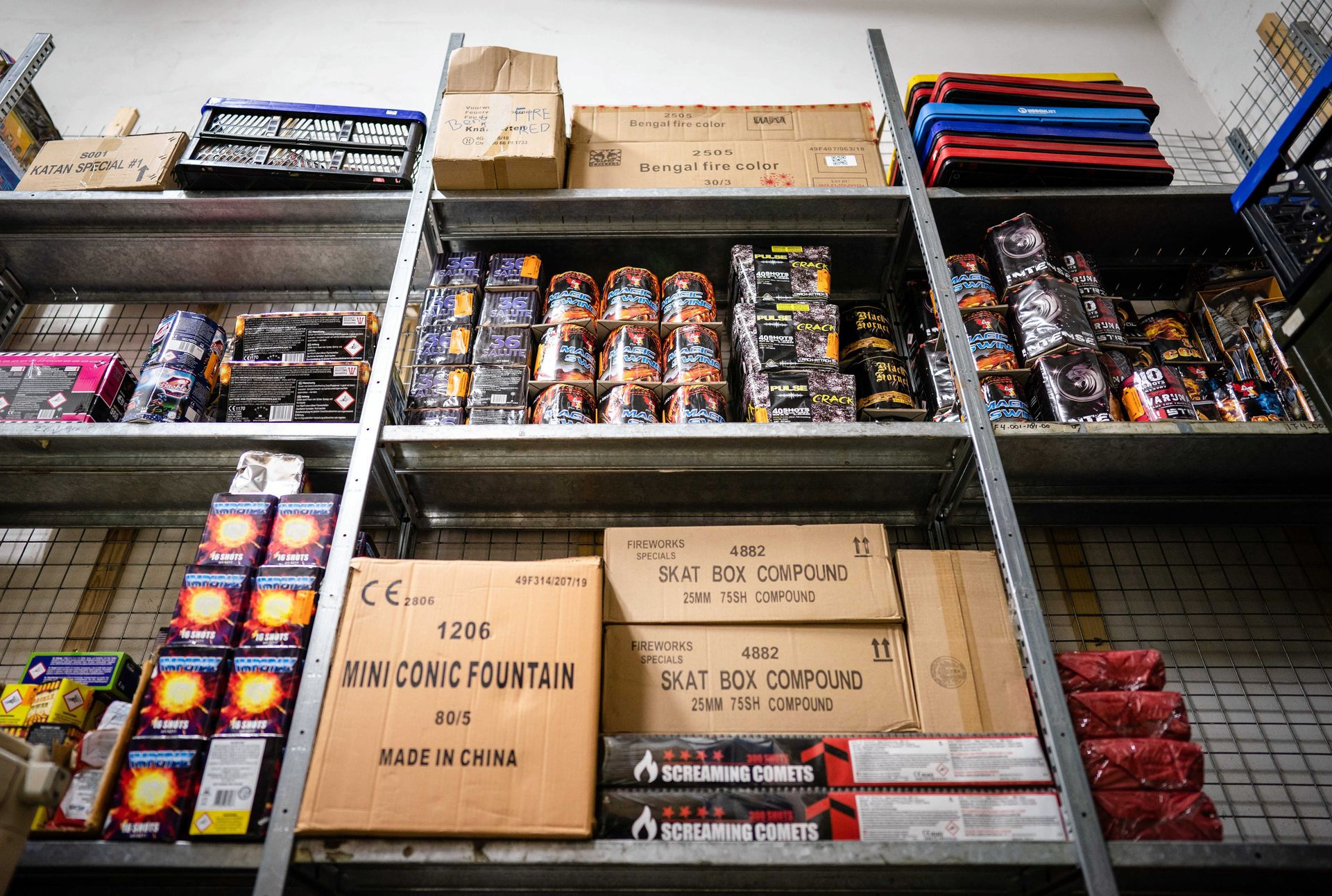Resistance Grows: Car Dealerships Push Back Against EV Mandates

Table of Contents
Financial Burden of EV Transition
The transition to an EV-centric market presents significant financial challenges for car dealerships. These challenges impact their bottom line and ability to adapt to the changing automotive landscape.
High Initial Investment Costs
Dealerships face substantial upfront costs to prepare for the increased sales and servicing of electric vehicles. These costs are substantial and represent a significant investment risk.
- Cost of installing high-power charging stations: Installing the necessary infrastructure to charge EVs, particularly fast-charging stations, is expensive and requires significant electrical upgrades.
- Investment in specialized EV repair tools and equipment: EVs require specialized tools and diagnostic equipment, representing a considerable investment beyond what's needed for gasoline-powered vehicles. Training technicians to use this equipment adds further expense.
- Training mechanics on EV battery maintenance and repair: EV battery technology is complex, requiring specialized training for mechanics to safely and effectively diagnose and repair issues.
- Potential need for larger service bays: The size and weight of EV batteries often necessitate larger service bays than those currently used for traditional vehicles, requiring additional construction or renovation costs.
Reduced Profit Margins on EVs
Currently, the profit margins on EVs are often lower than those on gasoline-powered vehicles, creating a significant concern for dealership profitability.
- Lower repair and maintenance revenue for EVs: EVs have fewer moving parts and require less frequent maintenance, resulting in reduced service revenue compared to internal combustion engine (ICE) vehicles.
- Increased competition in the EV market: The EV market is becoming increasingly competitive, putting downward pressure on prices and reducing profit margins.
- Pressure to reduce prices to remain competitive: To attract customers in a competitive market, dealerships may be forced to reduce EV prices, further impacting their profitability.
Concerns about Consumer Demand and Infrastructure
Dealerships also express concerns about consumer readiness for EVs and the lack of supporting infrastructure. These concerns directly impact their ability to sell and service electric vehicles successfully.
Limited Consumer Readiness
Many consumers remain hesitant to adopt EVs due to several key factors. These factors act as barriers to widespread EV adoption.
- Lack of widespread public charging infrastructure: The limited availability of public charging stations, particularly in rural areas, creates range anxiety for potential EV buyers.
- Long charging times compared to gasoline refueling: The time it takes to charge an EV, even with fast chargers, is significantly longer than refueling a gasoline car, creating inconvenience for consumers.
- Higher initial purchase price of EVs: The higher upfront cost of EVs compared to gasoline-powered vehicles remains a significant barrier for many consumers.
Inadequate Charging Infrastructure
The current charging infrastructure is insufficient to meet the demands of a large-scale EV transition, hindering widespread consumer adoption.
- Insufficient number of public charging stations, particularly in rural areas: A significant gap exists in the availability of public charging stations, especially outside major urban centers.
- Inconsistent charging standards and compatibility issues: The lack of standardization in charging connectors and protocols creates confusion and inconvenience for EV drivers.
- Lack of investment in fast-charging infrastructure: A significant investment is needed in fast-charging infrastructure to reduce charging times and address consumer range anxiety.
Dealership Advocacy and Political Action
Facing these challenges, dealerships are actively engaging in various efforts to influence policy and regulations surrounding EV mandates.
Lobbying Efforts
Dealerships are actively lobbying to influence the implementation and timeline of EV mandates. This involves coordinated efforts across the automotive industry.
- Working with automotive industry associations to represent their interests: Dealerships are joining forces with industry organizations to present a unified front in their advocacy efforts.
- Lobbying state and federal legislators to adjust EV adoption timelines: Dealerships are working to persuade legislators to create more realistic and manageable timelines for EV adoption.
- Highlighting the economic challenges faced by dealerships: Dealerships are emphasizing the economic impact of rapid EV adoption on their businesses.
Legal Challenges
Some dealerships are exploring or initiating legal action to challenge EV mandates they perceive as detrimental to their operations.
- Potential lawsuits citing unfair business practices or undue economic hardship: Legal challenges could focus on arguments that the mandates impose unfair burdens on dealerships.
- Arguments focusing on the lack of consumer readiness and infrastructure: Lawsuits may highlight the inadequate infrastructure and consumer preparedness as justifications for delaying or modifying the mandates.
Conclusion
The resistance to EV mandates from car dealerships underscores the multifaceted challenges of transitioning to a sustainable transportation system. Concerns about the financial viability of transitioning to EVs, consumer readiness, and the lack of adequate infrastructure are valid concerns needing immediate attention. Collaboration between governments, manufacturers, and dealerships is essential to find solutions. A balanced approach that promotes EV adoption while mitigating negative impacts on dealerships is crucial for a successful transition. To stay updated on the ongoing debate surrounding electric vehicle mandates and their impact on the automotive industry, continue following this news and research the latest developments. Understanding the nuances of electric vehicle mandates is vital for all stakeholders.

Featured Posts
-
 Selena Gomezs Allegations Did She Just Send Taylor Swift A Wake Up Call About Blake Lively
May 18, 2025
Selena Gomezs Allegations Did She Just Send Taylor Swift A Wake Up Call About Blake Lively
May 18, 2025 -
 Thousands Report Reddit Down Across The Globe
May 18, 2025
Thousands Report Reddit Down Across The Globe
May 18, 2025 -
 Broadcoms V Mware Acquisition At And T Exposes A Potential 1050 Cost Increase
May 18, 2025
Broadcoms V Mware Acquisition At And T Exposes A Potential 1050 Cost Increase
May 18, 2025 -
 Doom The Dark Ages A Game For Lovers And Slayers
May 18, 2025
Doom The Dark Ages A Game For Lovers And Slayers
May 18, 2025 -
 Vuurwerkverbod Een Op De Zes Nederlanders Gaat Door
May 18, 2025
Vuurwerkverbod Een Op De Zes Nederlanders Gaat Door
May 18, 2025
Latest Posts
-
 Austin Powers Star And Canadian Pm Spar Over Trump And Ketchup Chips
May 18, 2025
Austin Powers Star And Canadian Pm Spar Over Trump And Ketchup Chips
May 18, 2025 -
 A Former Colleagues Account Of Working With Stephen Miller
May 18, 2025
A Former Colleagues Account Of Working With Stephen Miller
May 18, 2025 -
 Former Colleague Reveals Disturbing Truths About Stephen Millers Character
May 18, 2025
Former Colleague Reveals Disturbing Truths About Stephen Millers Character
May 18, 2025 -
 Former Colleague Reveals Stephen Millers Disturbing Conduct
May 18, 2025
Former Colleague Reveals Stephen Millers Disturbing Conduct
May 18, 2025 -
 Stephen Miller And The Nsa Understanding The Potential Appointment
May 18, 2025
Stephen Miller And The Nsa Understanding The Potential Appointment
May 18, 2025
